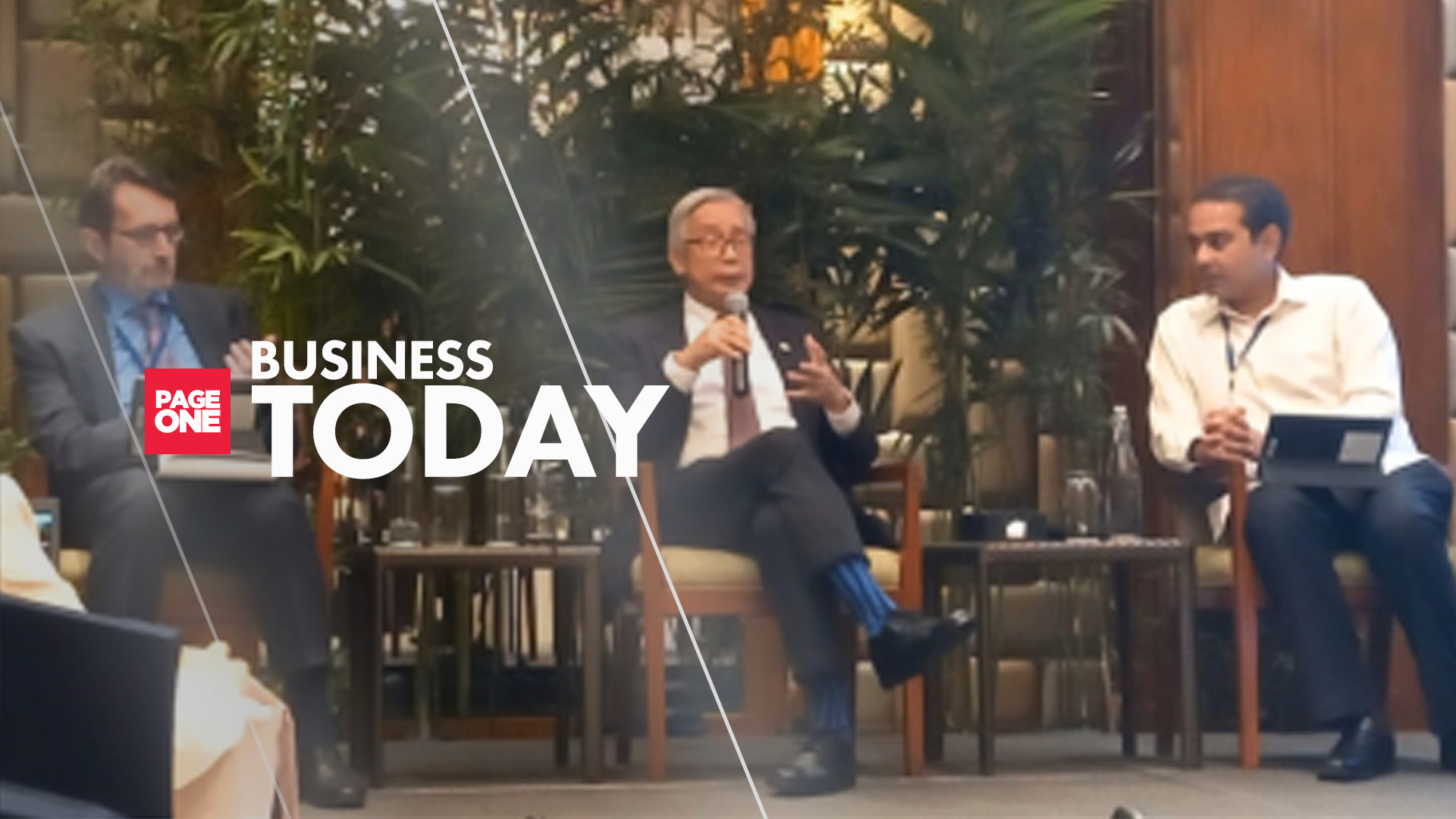Monetary authorities are keen on addressing data gaps on corporates’ foreign investments and borrowings to determine the private sector’s exposure to external risks and its impact on the domestic financial market and the economy.
In a briefing here Monday, Bangko Sentral ng Pilipinas (BSP) Governor Felipe Medalla said the central bank should have a complete picture of the domestic corporates’ exposure to any risks to make the appropriate policies to deter this from affecting the domestic environment.
“The Philippines is a very legalistic country and my own view is that our laws do not prevent us from asking them those questions because after all, we ask households so many questions, right?”he said.
Private firms as well as the public sector are required to report to the BSP their foreign loans.
For one, foreign currency-denominated borrowings of private firms that are guaranteed by the public sector needs prior approval from the central bank.
Those without public sector guarantee need not get prior approval although the company needs to notify the central bank about it and for it to be registered with the BSP if it will be paid using foreign currencies sourced from domestic banks.
Despite this, BSP Senior Assistant Governor Johnny Noe Ravalo, during the same briefing, said they are not yet getting this information from the conglomerate pending the release of some implementing rules.
Despite the current regulations on this, Medalla said “we are not really sure that our data on their exposure and their investment abroad is complete.”
The BSP is “exerting efforts so that we’ll be able to catch up on the data gaps here,” he said adding that “I’ll be lying if I told you that I’m satisfied with our current level of (data that the central bank has).”
“We actually wish we had even more complete data and under the law, we can actually ask them how much they have borrowed from abroad and in what currency, right? And what are the maturities,” he added.
During the same briefing, International Monetary Fund (IMF) Asia and Pacific Department Division chief Dr. Thomas Helbling said the lender is looking at systemic risks among the region’s financial system, citing in particular the major banks.
“At the moment, (there is) low risk in the sense that the banks are well capitalized, (and) have very strong liquidity,” he said.
Aside from financial institutions, Helbling said the IMF is also checking the risks from households, corporates, and debt of some governments.
“So, it’s more about asset quality ultimately and second round impacts on banks. Our main message is to be prepared, to be vigilant, and to be ready for risks on unexpected sources,” he added.
Medalla, in his speech during the opening ceremony of the two-day BSP-IMF Conference on Financial Stability, said the global financial market environment has changed after the pandemic and some four years after the first financial stability event hosted by the BSP and the IMF were held, but noted that pressures and risks remain.
He said Asian regulators have learned from experiences, especially those that transpired during the 1997 Asian financial crisis.
Medalla said efforts should not only come from regulators but all the stakeholders, and the goal is to find a middle ground since “there’s enough creativity but without taking it in terms of the public cost of mistakes.”
He underscored the need for the public, and not just the banks and regulators, to understand the policies so that “they will be more supportive of the regulations.” (PNA)







